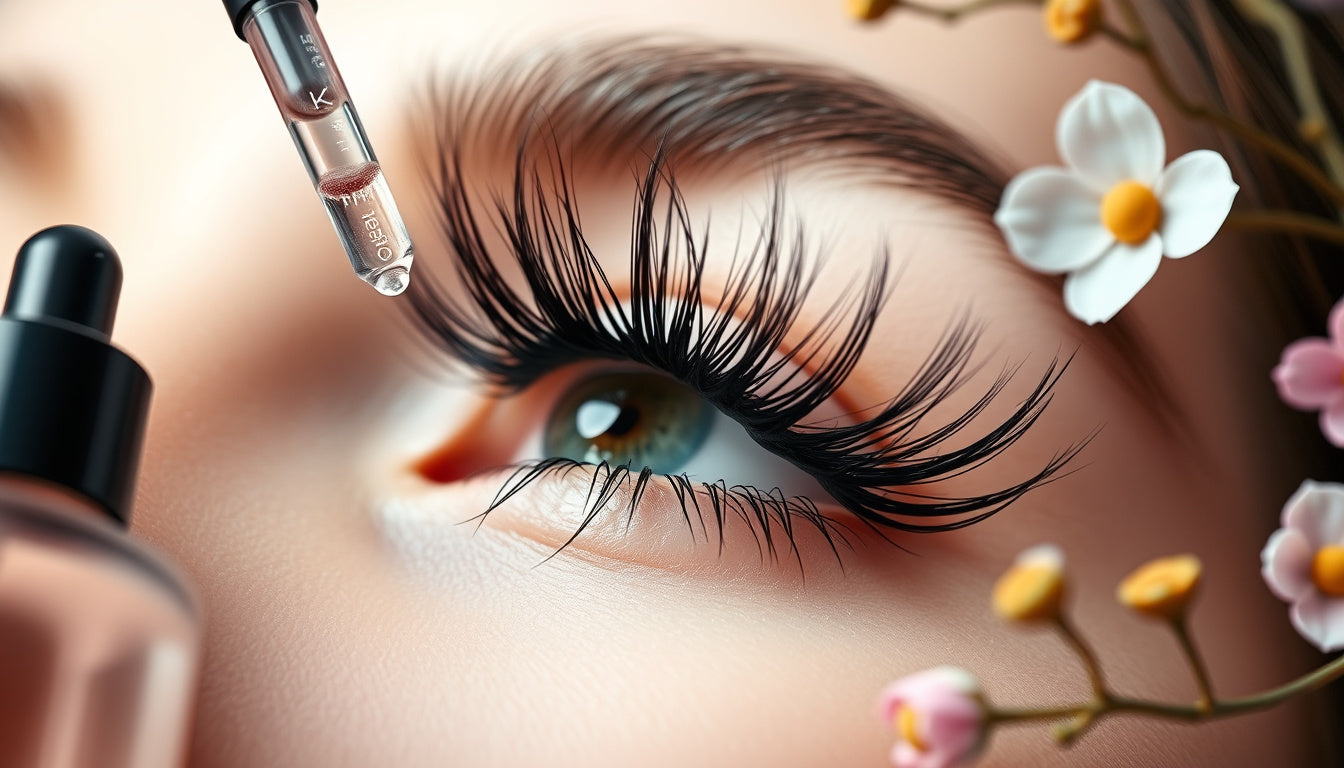
Understanding Lamictal and Its Link to Hair Loss: Causes, Insights, and Solutions

Lamictal is a drug that many take for epilepsy and bipolar disorder. People note its side effect of hair loss. You may find this topic of worry if you or one you care about takes Lamictal and sees hair thin or fall out. In this article, we link Lamictal and hair loss, point out some causes, and share ways to deal with the issue. We also suggest one of the best natural solutions: Watermans Grow Me Shampoo.
What is Lamictal?
Lamictal is the brand name for lamotrigine. It is a drug used to control seizures and help stabilize moods in bipolar disorder. The drug works by binding to cells in the brain. It stops sudden bursts of electrical signals. This action makes it very important for many people.
Common Side Effects of Lamictal
Lamictal helps many people. Yet, like all drugs, it can bring side effects. Some users report:
- Rash
- Headaches
- Dizziness
- Nausea
- Hair loss (alopecia)
Not all people notice hair loss. But if you see more hair falling out than before, know you are not alone.
Hair Loss Due to Lamictal: Exploring the Connection
Many find hair loss upsetting. Let us look at how Lamictal may cause hair to thin.
1. The Mechanism Behind Hair Loss
Medications can change hair growth. With Lamictal, a few factors play a role:
- Hormone shifts: Lamictal can change how hormones act. This change may disturb the cycle of hair growth.
- Nutrient shifts: Some tests show that Lamictal can change how the body takes in key vitamins and minerals that help hair.
- Stress and mindset: The conditions treated by Lamictal can bring stress. Stress may make hair fall out.
2. Frequency and Severity of Hair Loss
Not each user will see hair loss. Research shows that only 1% to 5% of users report this change. For some, the hair thins for a short time. For others, the loss is more visible.
Managing Hair Loss while on Lamictal
Managing hair loss can bring a challenge. Here are some ways to help:
1. Talk to Your Doctor
If you see more hair falling out, speak with your doctor. They can check if you need a dose change or a switch in drug.
2. Nutrition Support
A strong hair needs good food. Make sure your diet gives you vitamins and minerals that help hair, such as:
- Biotin: Helps form keratin that builds strong hair.
- Zinc and Iron: Support healthy hair follicles.
- Omega-3 Fatty Acids: Help keep your scalp in good shape.
3. Ride Out Harsh Hair Products
Switch to gentle, sulfate-free shampoos. A product like Watermans Grow Me Shampoo uses good ingredients such as Biotin and Rosemary to help the scalp wake up and gain volume.
4. Topical Treatments
Use treatments on your scalp to wake up hair roots. Many try minoxidil. Some choose natural oils that help the scalp.
5. Manage Stress
Low stress helps both body and hair. Many find that yoga, meditation, or exercise brings calm and may help the hair too.
Did You Know?
- Hair loss can come from the body attacking its own hair cells. This is seen in some autoimmune issues.
- Stress may start a sudden shedding process called Telogen Effluvium.
- Humans lose 50 to 100 hairs each day in a normal cycle.
- Vitamins A, C, D, and E help create and keep healthy hair.
Frequently Asked Questions (Q&A)
Q1: Is hair loss a common side effect of Lamictal?
A1: Not all users see it. About 1% to 5% of people using Lamictal report hair loss.
Q2: What should I do if I see hair thinning after starting Lamictal?
A2: Speak with your doctor about your hair loss. They might suggest changing your drug or dose.
Q3: Are there hair growth supplements I can take while on Lamictal?
A3: Yes, some supplements help hair grow. Check with your doctor before you add any supplements.
Q4: Can I use hair styling products while I see hair loss?
A4: It is best to choose gentle, hydrating products. Stay away from products with harsh chemicals.
Q5: How long does it take to see hair growth after a change in medication?
A5: Time differs for each person. It may take weeks or even months to see a clear change.
Q6: Are there natural treatments to help with hair loss?
A6: Yes, options include essential oils such as rosemary and peppermint oil. Gentle scalp massages also help the blood flow.
Q7: How often should I wash my hair if I see hair loss?
A7: Adjust based on your hair and scalp needs. Washing 2 to 3 times a week using mild shampoo is a good start.
Q8: Is hair loss from medication permanent?
A8: Most times, hair loss from a drug is not permanent. When the drug stops, the hair usually grows back. Some may still see thinning.
Q9: Can stress make hair loss worse when on Lamictal?
A9: Yes, high stress can add to hair loss. Keeping stress low may help your hair.
Q10: How can I make my hair look thicker if it feels thin?
A10: Try using products that add volume, style your hair with layers, or add supplements to build thicker hair.
When you face hair loss while on Lamictal, reaching out to a professional and trying different ways can help. Explore Watermans Grow Me Shampoo to give your hair a natural boost.













